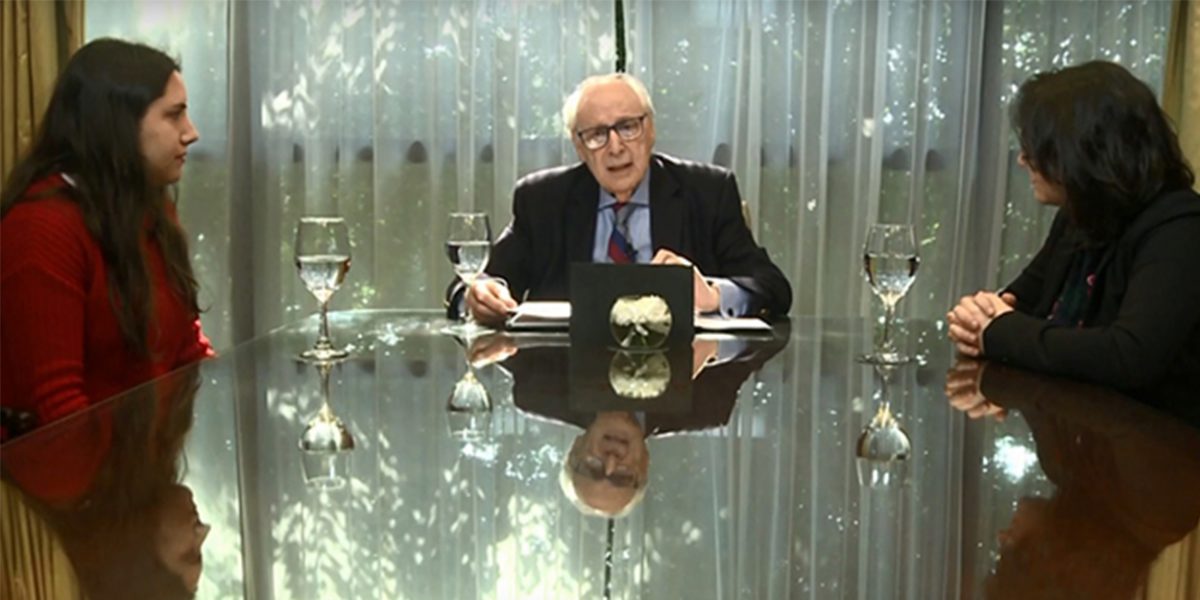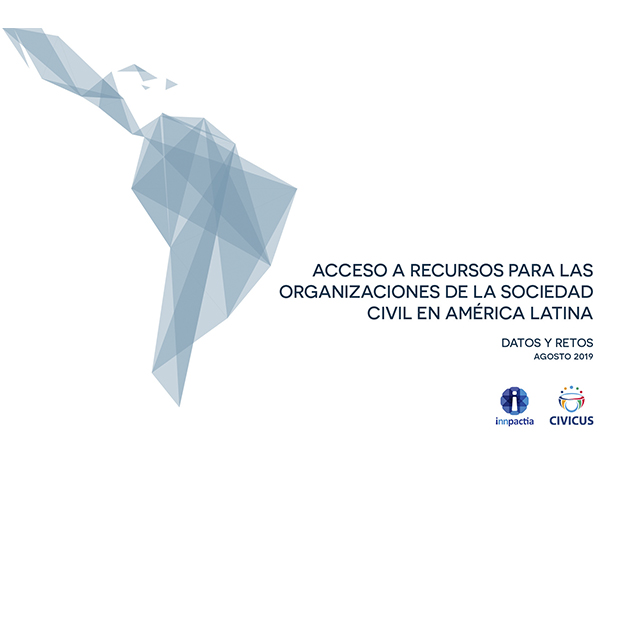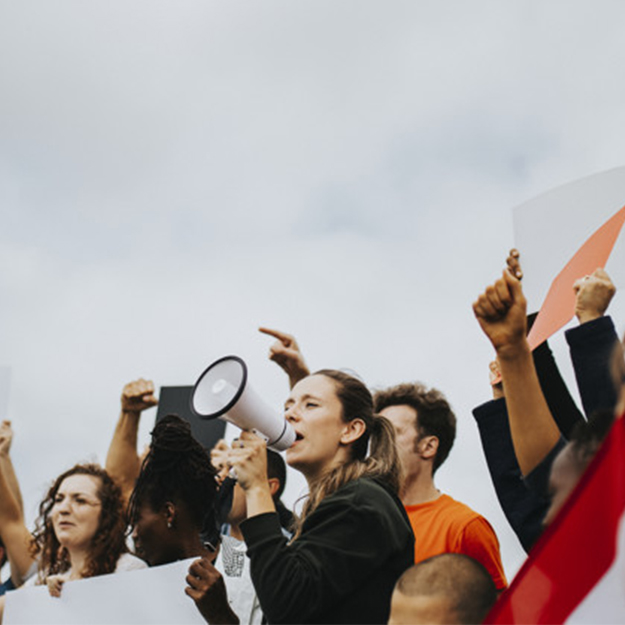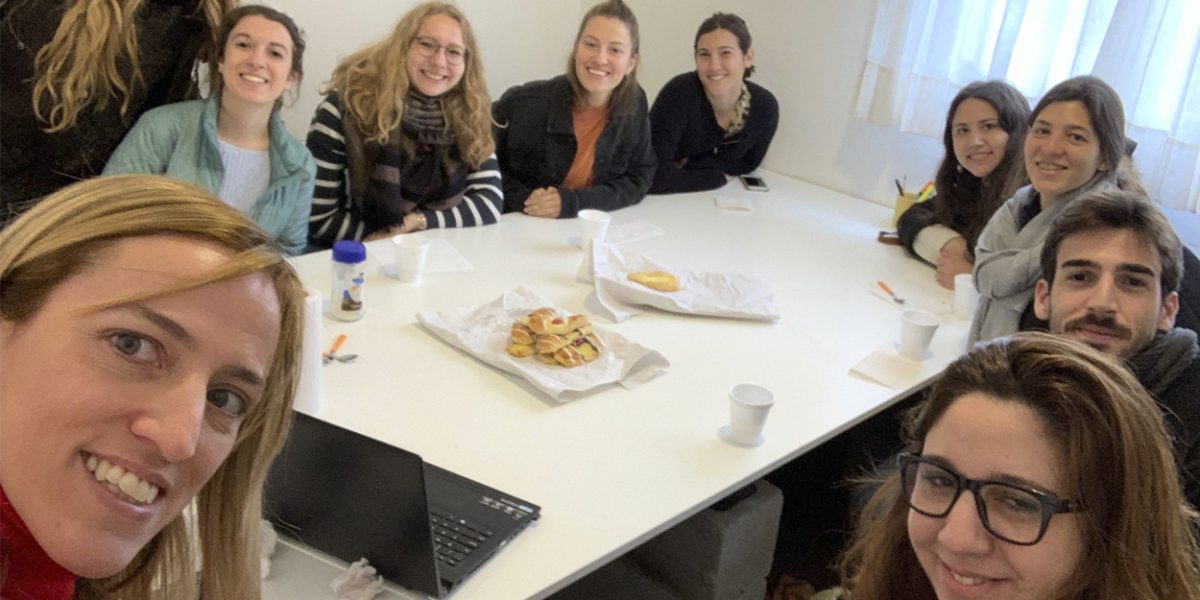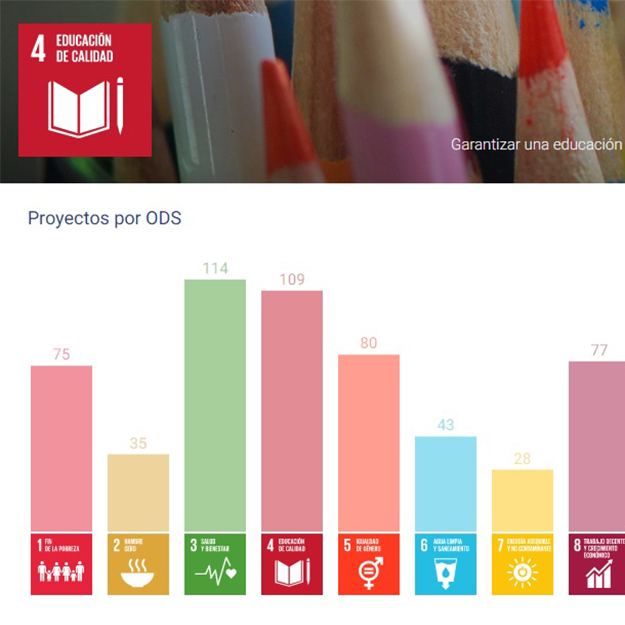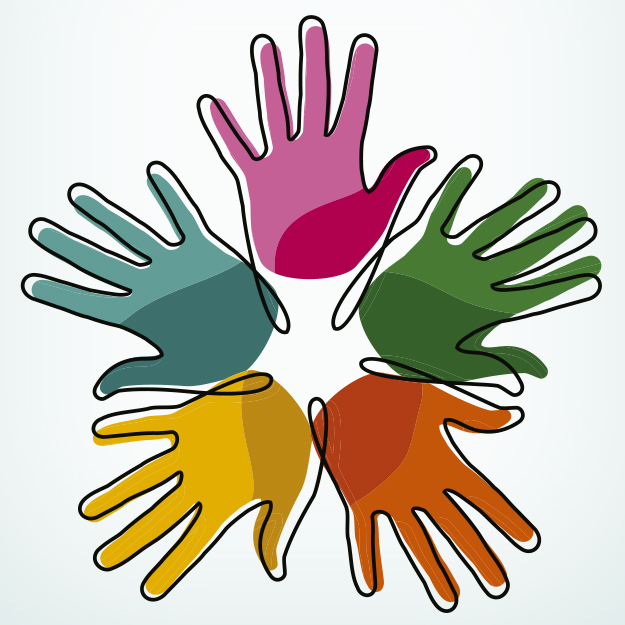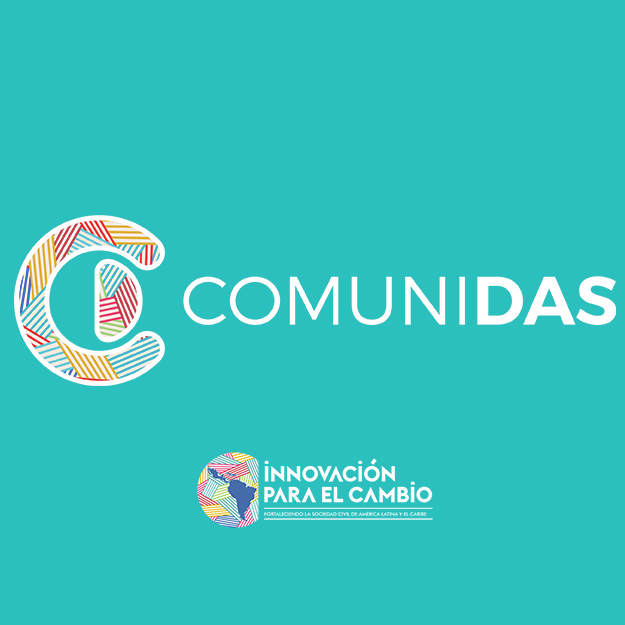RACI was invited to take part in Diagnóstico y Debate (D&D) TV, a television space promoted by CADIME- a member of RACI- and the DPT Foundation. Sol Gorlero- Members Area and Projects Coordinator- and Luana Esquenazi- Research Coordinator- of our network participated in the show.
The objective of D&D TV is to contribute to the diffusion of Science, Education, Technology, and Health in the general community. It is broadcasted on Fridays and replayed on Mondays by Canal Metro. Additionally, they upload all interviews to their YouTube channel and, in turn, share them on their social networks and by email.
In their interview on D&D TV, Luana Esquenazi and Sol Gorlero talked about the strengthening of civil society carried out by RACI, civil society’s current situation and the challenges faced by Argentine organizations nowadays.
According to Esquenazi, Research Coordinator, RACI has a distinct position in civil society, interesting and challenging at the same time. It is an organization with a large federal presence, but also interacts with international organizations and institutions. “It places us as a unique actor,” Esquenazi explains, also considering the link it has with the private sector and with the State. “This is a link that must be made more visible”, agrees Gorlero, Member Area Coordinator, who also discusses the “heterogeneity of the network,” referring to the various manners in which RACI’s members work. In this way, situations are fostered in which the same organizations transform one another; a space is formed where RACI’s members contribute to and receive assistance from each other while giving what they can to the community.
Regarding the Research Area, RACI is currently working on three nationwide research projects to analyze the state of civil society in order to promote public policies that are related to and in accordance with what is happening to the sector. These projects will provide hard data on the state of civil society to organize assistance from companies and the State and ensure that aid reaches vulnerable communities. “It’s not about organizations or companies,” says Esquenazi, “the important actors that we have to take care of are the communities in which organizations work.”
For more information, visit https://www.youtube.com/watch?v=_jMEL-466Cc to watch the interview on D&D TV’s YouTube channel.

